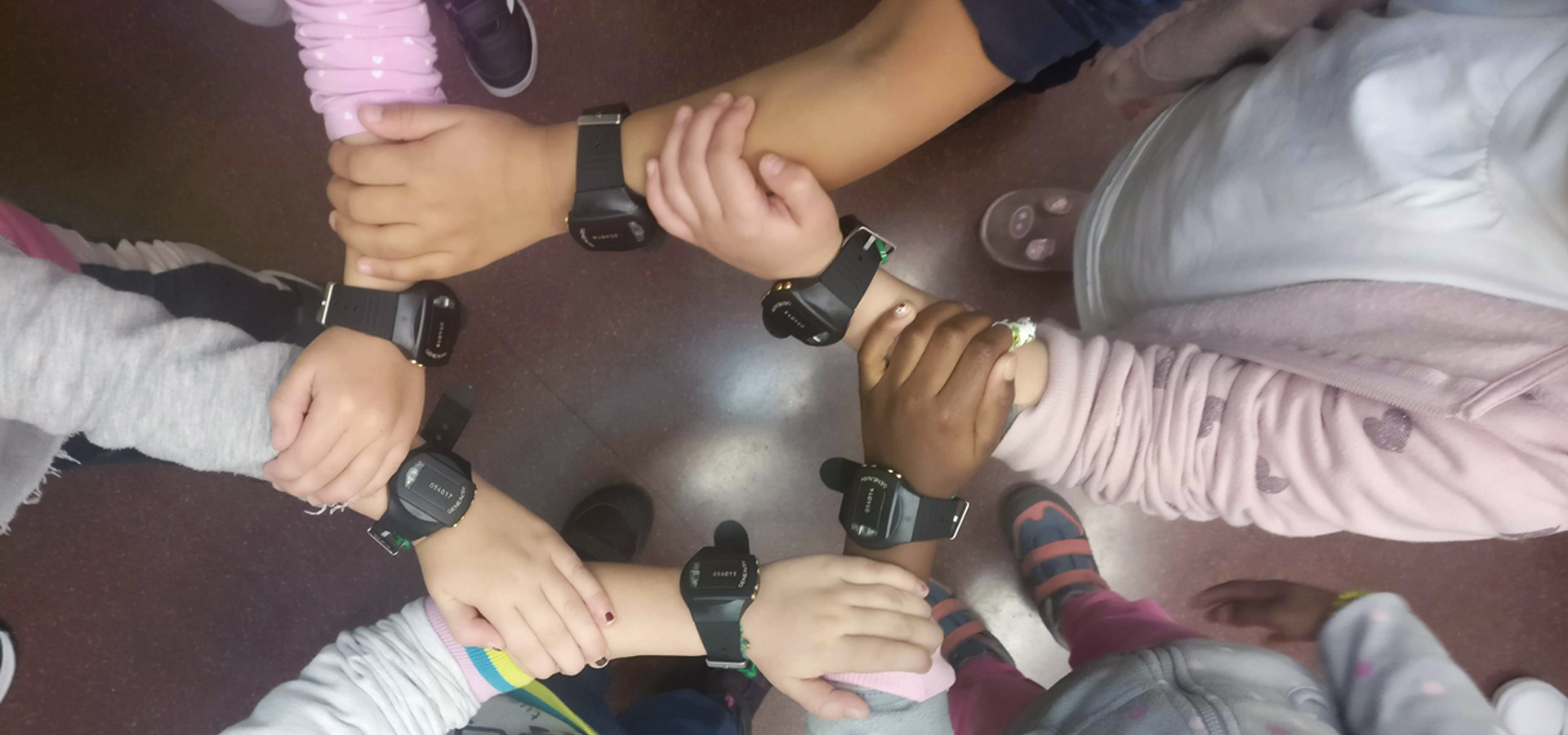
UPNA and Navarrabiomed researchers confirm negative effects of lockdown on preschoolers aged 4 to 6
- In the recently published study, researchers look at the impact on sleep quality, levels of physical activity, sedentary behavior and self-regulation.
The study “Physical activity, sedentary behavior, sleep quality and self-regulation in Spanish preschoolers,” carried out by researchers from the Universidad Pública de Navarra (UPNA) and Navarrabiomed, confirmed that “the impact of home lockdown as a result of COVID-19 has led to increased antisocial behavior, anxiety and even depression-related behavior among preschool children (ages 4-6).” These results are associated with a significant reduction in physical activity, an increase in sedentary behavior and a drop in sleep quality.
This work, published in the International Journal of Environmental Research and Public Health, featured the participation, in March-April 2020, of 268 preschoolers between ages 4 and 6, along with their parents, from three schools in Pamplona. Levels of physical activity and sleep quality were obtained directly using an accelerometer that the participants wore on their wrists for six days.
According to the authors, “Our findings provide evidence of the negative effects of lockdown on physical activity, sedentary behavior, sleep quality and self-regulation.” Specifically, daily physical activity decreased by 43.3 minutes, sedentary behavior increased by 50.2 minutes, and sleep quality fell by 2.09%. The lockdown period also negatively increased anti-social behavior, anxiety and depression-related behavior. The study therefore demonstrates that preschoolers showed increased problems with internalization and externalization during lockdown. “In these age groups, behavioral and emotional problems can potentially trigger problems of internalization (i.e., anti-social behavior) or externalization (i.e., anxiety- or depression-related behavior).” Preschoolers who met WHO minimum recommendations for physical activity during lockdown (180 minutes per day, of which 60 minutes should be of moderate or vigorous intensity) displayed less antisocial behavior.
Limitations encountered
According to the authors, this study is the first to examine the effects of COVID-19 home lockdown on levels of physical activity and sleep in preschool children carried out directly and objectively using accelerometers instead of surveys and personal interviews. In any event, they also pointed out some limitations when analyzing their results. Firstly, it is possible that behavioral changes occurred during the first week of lockdown, when the greatest changes to daily routines took place and families were still adapting to the new situation. “Given that lockdown lasted for several weeks, preschool children may have subsequently reverted back to their normal habits, including their sleep patterns and physical activity.” Secondly, the study faced two major limitations: only a reduced number of children could be measured using accelerometers and there was little time for monitoring. Finally, it cannot be overlooked that children's lifestyles largely depend on the decisions of their parents, and the geographic/urban environment may also have affected the physical activity and sleep patterns of these children.
The authors of the article are Alicia M. Alonso-Martínez, Robinson Ramírez-Vélez, Yesenia García-Alonso, Mikel Izquierdo (Researchers from the Physical Exercise, Health and Quality of Life (E-FIT) Group at the UPNA and Navarrabiomed), and Antonio García-Hermoso (principal investigator and Head of the Physical Activity, Children and Youth Unit at Navarrabiomed). The study falls within the framework of the work of the Physical Activity Observatory for minors between ages 3 and 6 in the Autonomous Community of Navarre. This observatory is a research project financed by the Government of Navarre’s Ministry of Education. Observatory participants include researchers from the Physical Exercise, Health and Quality of Life (E-FIT) Group at the Universidad Pública de Navarra and the Navarrabiomed Biomedical Research Center.
